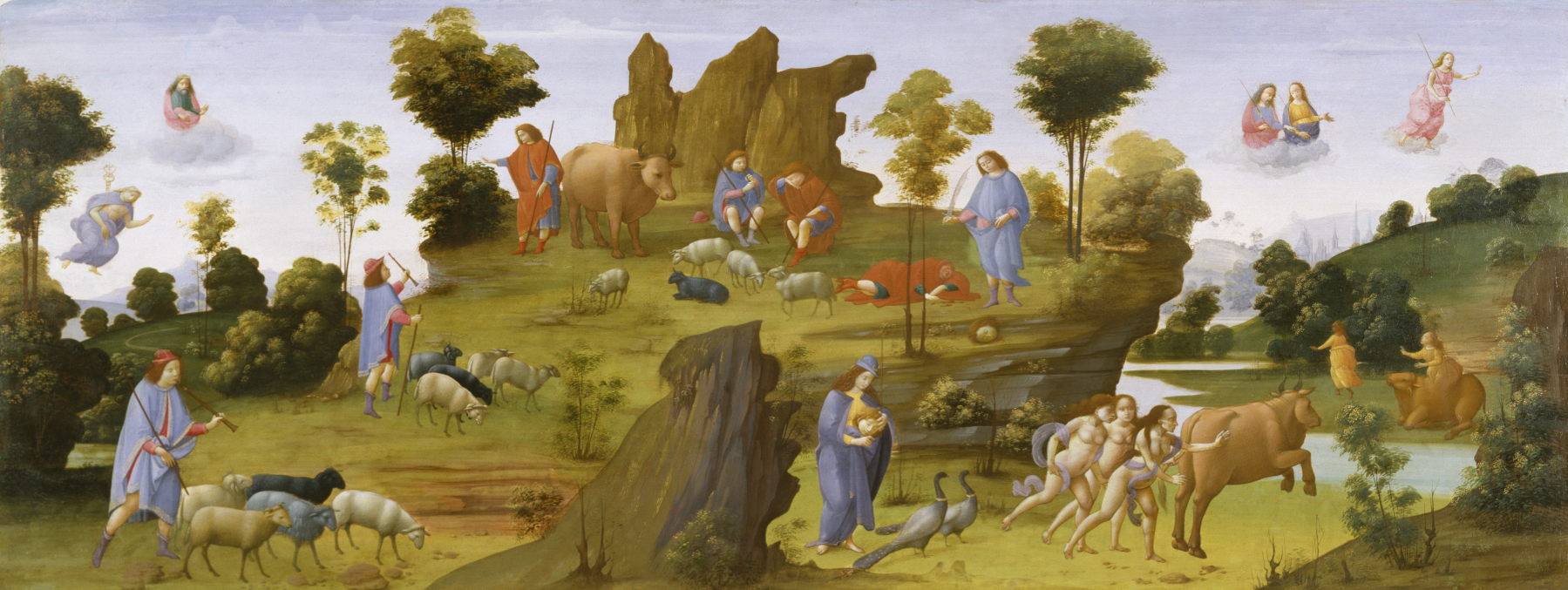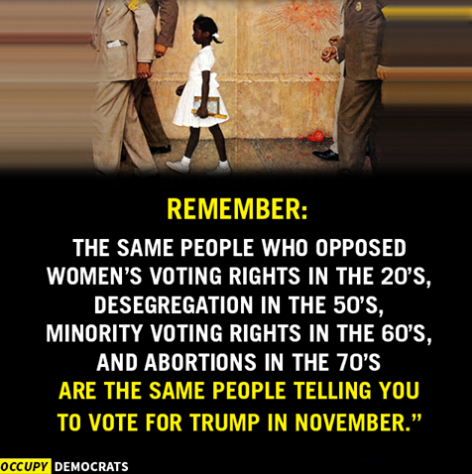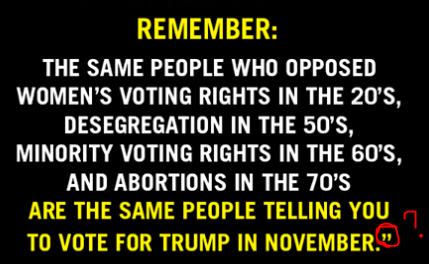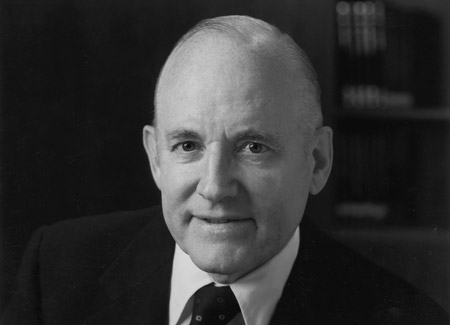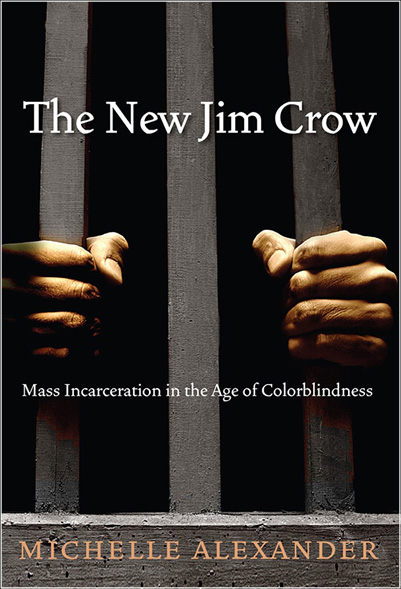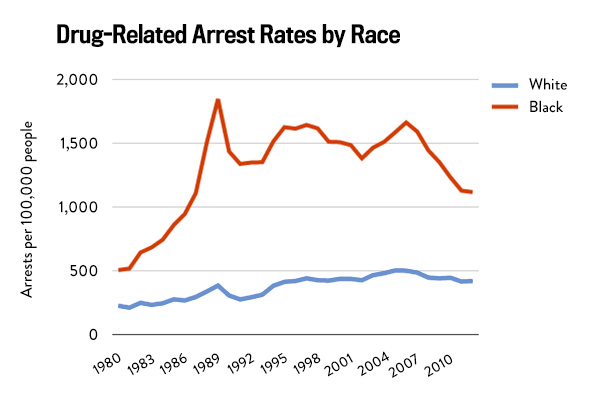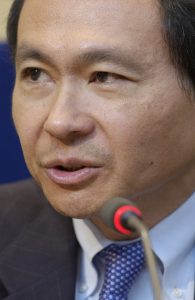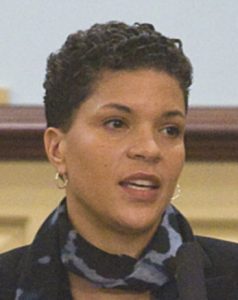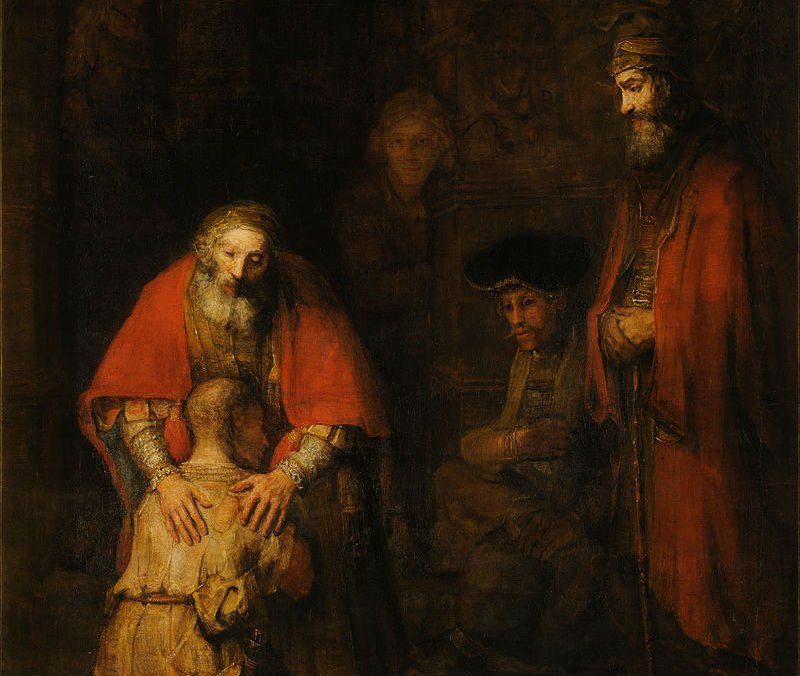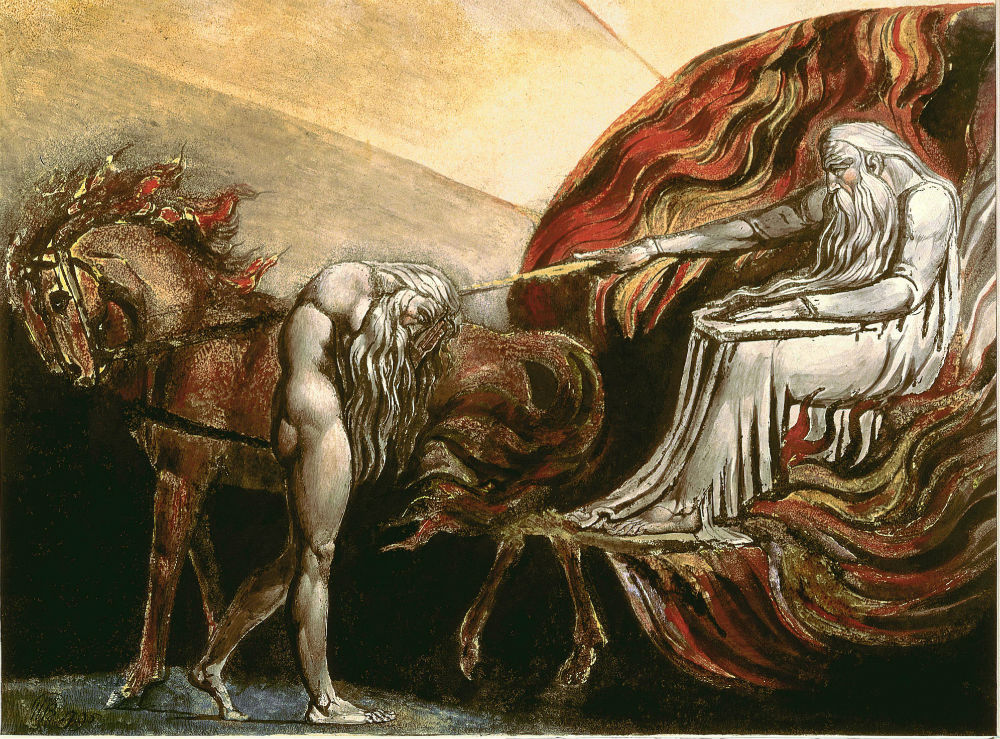
This post is part of the General Conference Odyssey.
I have to start out by saying: I loved this session. Definitely one of my favorite sessions since I started this Odyssey almost a year ago. There were quotable, thought-provoking lines in every single talk, starting with LeGrand Richards’ defense of eternal marriage in Revealed Truths of the Gospel, when he said:
Personally I would just as soon believe that death was a complete annihilation of both body and spirit as to think that I would have to live on forever and forever without a continuation of the love ties that bind my wife and me together, and our family and our loved ones here in this life. Heaven will only be a projection of our life here.
The last sentence—“heave will only be a projection of our life here”—is a pretty common sentiment, I think. If you haven’t heard that exact quote, you’ve heard one like it. But the earlier statement was more personal and much more arresting. It’s one thing to have a theological commitment to eternal families. It’s another to have such a visceral loyalty and love of the ideal that you’d prefer to walk into the abyss than live alone forever.
But Sterling W. Sil had even more eye-brow raising comments in his talk: A Fortune to Share. It was full of funny, irreverent real talk. “Someone has pointed out that if there is anyone who can’t buy happiness with money,” he stated, “it must be that he just doesn’t know where to shop.” And later: “Someone said, ‘Money ain’t everything,’ and his friend said, ‘Just name me three things that it ain’t.’” Funny lines for a General Conference talk, like I said, but in both cases he had a serious point to make. After the “he just doesn’t know where to shop” line, Elder Sil said:
We can build temples with money, we can send out missionaries with money, we can erect educational institutions, operate hospitals, and pay our tithing with money. We can feed and clothe our families with money, and in many ways we can build up the kingdom of God with money.
That’s not a joke. That’s just stone-cold pragmatism. And there are very few things I love more in life than someone who takes a look at realism, takes a look at idealism, and then says, “I’ll take both.” I’ll admit: I’m a little biased here. I have a pretty cynical view of academics and intellectuals and pundits because so often the emphasis is on rhetoric instead of substance, novelty instead of accuracy, provocation instead of truth. But that doesn’t mean I accept being pragmatic instead of being idealistic. I want both. I think a life well lived is, in many ways, a long series of stubborn refusals to abandon either one. To strive for idealism and efficacy is to live a life of integrity, never giving up on the battle to bring the two into correspondence.
And then after the “name three things it ain’t” joke, he went on to say:
Money is preserved labor, it is industry made negotiable, it is stored up accomplishment. It is the medium of exchange that we can trade for things that we can take with us and a great many of them we can actually send on ahead. We can take our families with us. We can take our education with us. We can take our great character qualities with us. And money is the medium that we can use to share the treasures of the earth with others who need our help.
I have to tell you that—as an economist—I swooned.
I haven’t included all the lines from this talk that are funny and yet also profound. There are more. Go read it yourself and you will find them.
Next up was Eldred G. Smith’s talk: Opposition in Order to Strengthen Us. Once again, not a really new theme, but definitely a lot more philosophical than I would have expected in a General Conference talk. Elder Smith goes right into the idea of the Fortunate Fall. In traditional Christian thinking, the Fall is only fortunate in that it provided an opportunity for God’s grace. That would be like saying that a car accident was fortunate because it let a surgeon use their full talents to save your life. It’s not what Mormons have in mind. For us, the Fall wasn’t just a terrible mistake with a grand resolution, but in itself was fortunate:
Adam and Eve had been in a state of stagnation: no progress—no growth—no reproduction. Without a change, they would have remained in that state forever. It was necessary for a change to take place.
The Fall is fortunate, for Mormons, because it was the only way to break the impasse of stagnation and allow us the possibility of growth and development. And—just as with Elder Sil’s comments—there’s a lot more in this talk I wish everyone would read. But I’m going to move on.
William H. Bennett’s talk began with one of those really emotional stories that we often hear in talks. The problem with those stories is that most of them we’ve already heard a million times. But, in “Which Way to Shore?”, Elder Bennett shared one that was new to me. I’m not going to share it. You’ll have to read it. Here is the passage I’ll share instead:
Let me say, my brothers and sisters, that if we want to save individuals, to save the souls of our Father’s children, we must be willing to get involved and to help others get involved in meaningful ways also.
We are addicted to grand, abstract, technical policy solutions. A blog post I’ve been nursing along for several months without finishing talks about this directly. The simple version? Ever since the rise of science and rationality we have grown to view the world as a machine (instead of, for example, a garden) and our role in it as mechanics (instead of gardeners). We have little patience for slow, indirect work, for subtlety and preservation. Instead, we see problems and we want solutions. And sometimes this is possible, but often times it’s not. What’s more, however, is that it tends towards a kind of impersonal charity, and that’s a thing that can never be. There’s truth to the stereotype that we’d rather raise taxes, have the government distribute the goods, and consider poverty “solved” than reach out to people in our neighborhoods or wards who need our help. Not policies and programs and bureaucracies, but personal involvement. And that’s what Elder Bennett’s talk reminded me of.
Next up was A. Theodore Tuttle’s The Role of Fathers, and I think I highlighted about 25% of that talk. One of the passages cut a little close to home for me:
There is yet another intrusion into the home that needs to be mentioned. It is an unwise father who carries to his family his daily business cares. They disturb the peace existing there. He should leave his worries at the office and enter his home with the spirit of peace in his heart and with the love of God burning within him.
This makes sense, but it presupposes that a father has an office where he can leave those business cares. Other than business meetings, I work from home 100% of the time. My office was a standing desk in the dining room in our last house. I have a designated room in this house, which is nice, but it’s still in the home. This is one of those times where I’m going to have to think about how best to apply the principle to my particular situation. And it’s one I need to work on. I often work much more than 8 hours in a day and—when the kids are on summer break especially—it is incredibly hard for me to successfully separate my work time from family time without being stressed and without projecting that stress onto my kids, which they don’t deserve. I’m working on it. Because I’d also like to live up to this injunction:
Fathers, draw close to your children. Learn to communicate. Learn to listen. This means giving a father’s most valuable commodity—time!… To the extent we become friends with our children in unconditional love, to that extent we become like our Heavenly Father.
The last talk in the session was from (then) Elder Ezra Taft Benson: Prepare Ye. The talk didn’t hit me as hard, spiritually, but it was definitely interesting for me to read the calls to food-storage and self-reliance that so heavily influenced my parents and, through them, shaped a lot of my childhood. Like a lot of Mormons out there, we had beds made out of a mattress on top of a sheet of plywood on top of dozens of buckets of wheat. Just as with Elder Tuttle’s talk, there’s also a lot one in this for me to live up to.
—
Check out the other posts from the General Conference Odyssey this week and join our Facebook group to follow along!
- Fatten the Pig by G
- The Last Days: “Watch and Be Sober” by Jan Tolman
- A Fixed Point by Marilyn Nielson
